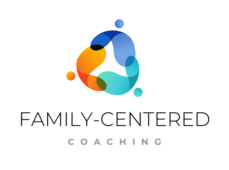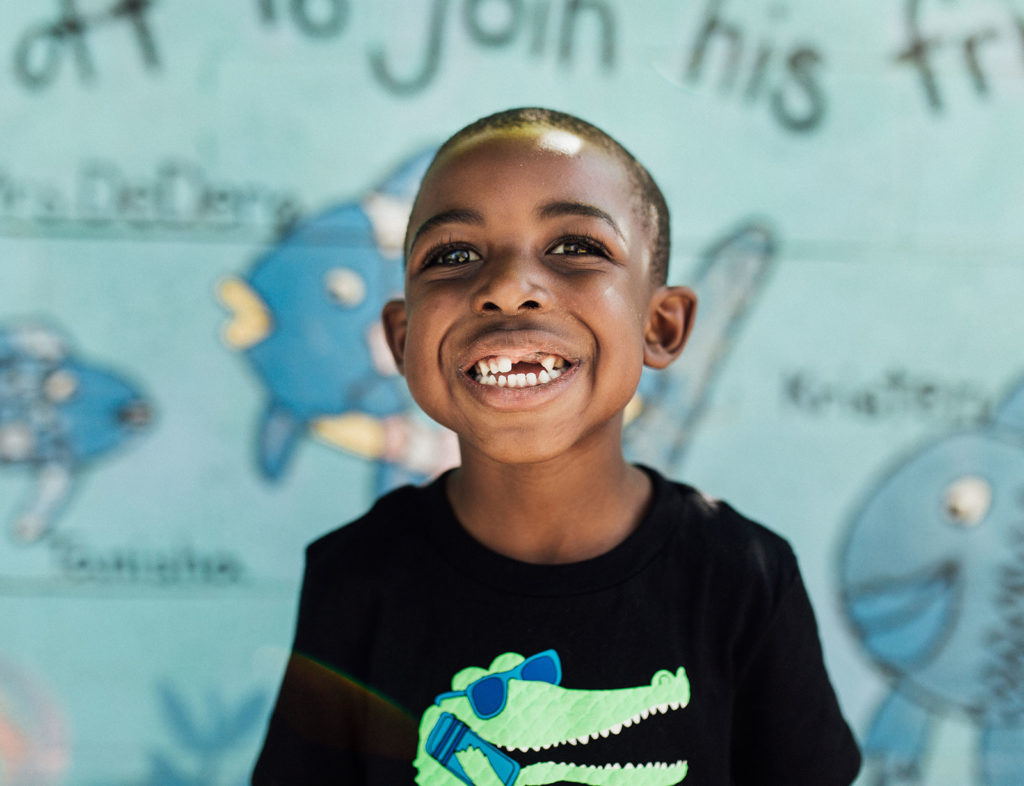Readiness Assessments are being used successfully with participants across the country to help families move ahead. A key component of is Motivational Interviewing, “a counseling method that helps people resolve ambivalent feelings and insecurities to find the internal motivation they need to change their behavior. It is a practical, empathetic, and short-term process that takes into consideration how difficult it is to make life changes” (Psychology Today 2019). Motivational interviewing can help participants explore what is preventing action on their specific goals.
Motivational interviewing enables coaches to start a learning conversation with participants to identify sources of ambivalence and inaction without judgment. Coaches empathize and understand participants’ perspective and help them recognize their own ambivalence and/or the structural constraints that may be obstructing their forward movement. By asking open-ended questions, listening, exploring options, and remaining open, the coach seeks to help participants discover their interest in considering and making a change in their life. This process allows participants to move forward when they are ready.
Seen through a racial equity and inclusion lens, the name of this work might imply that people are not motivated and are simply unwilling to change. However, the intent of motivational interviewing is to uncover the factors that may be keeping a participant from taking action, with an awareness that their inaction may be due to external forces such as institutional racism, discrimination against low-income people, or cultural and systemic bias.
A great resources to start learning motivational interviewing is the Pocket Guide to Motivational Interviewing from the Center on Budget and Policy Priorities.
The Prosperity Agenda provides these resources as the designated national administrator of Family-Centered Coaching.

